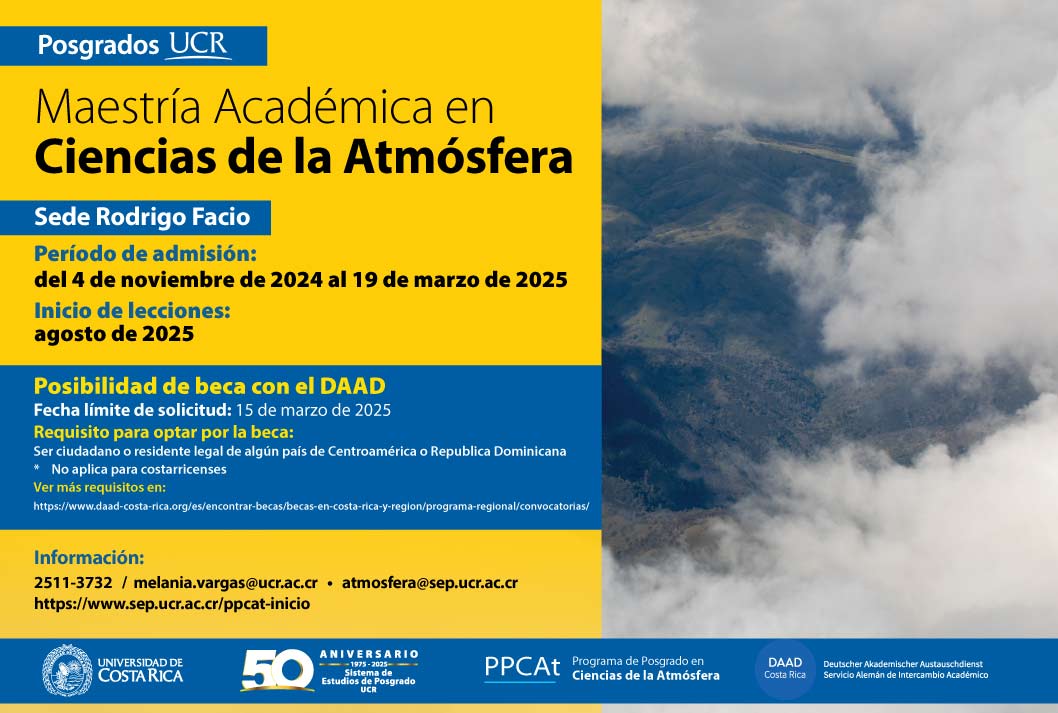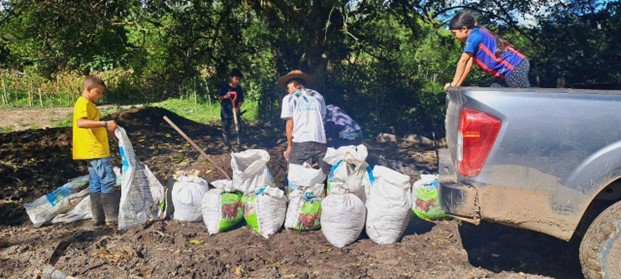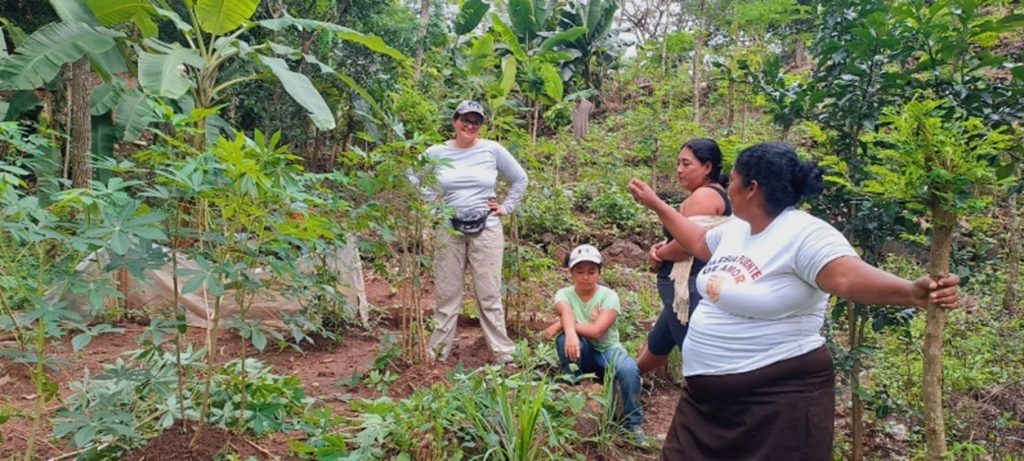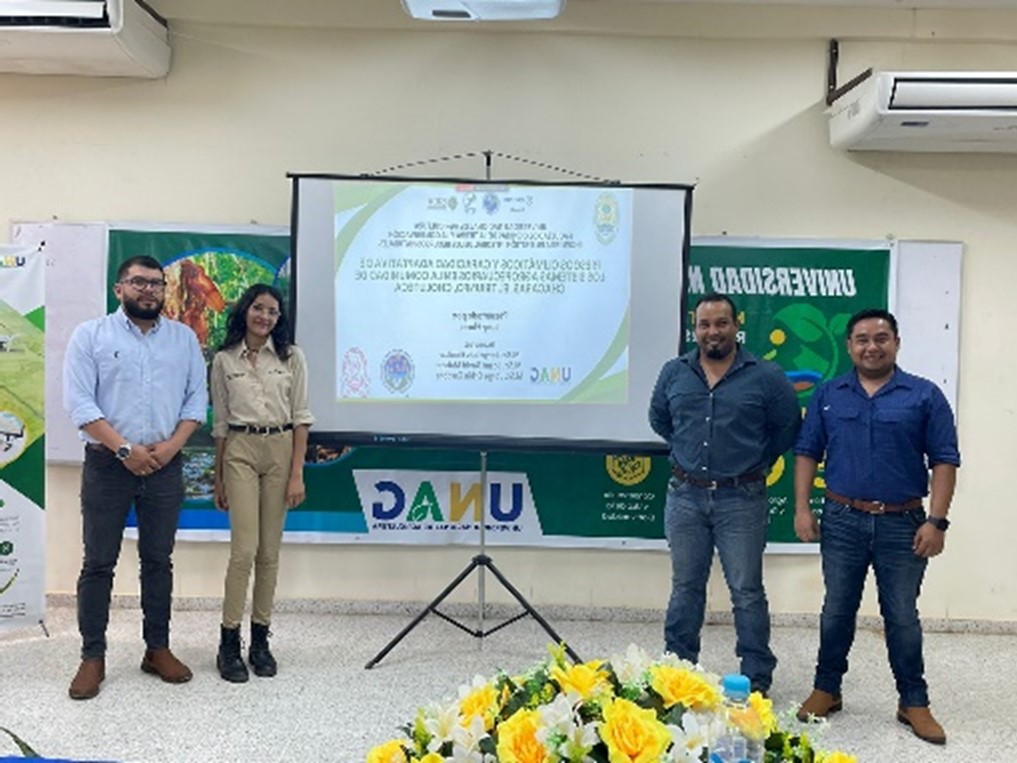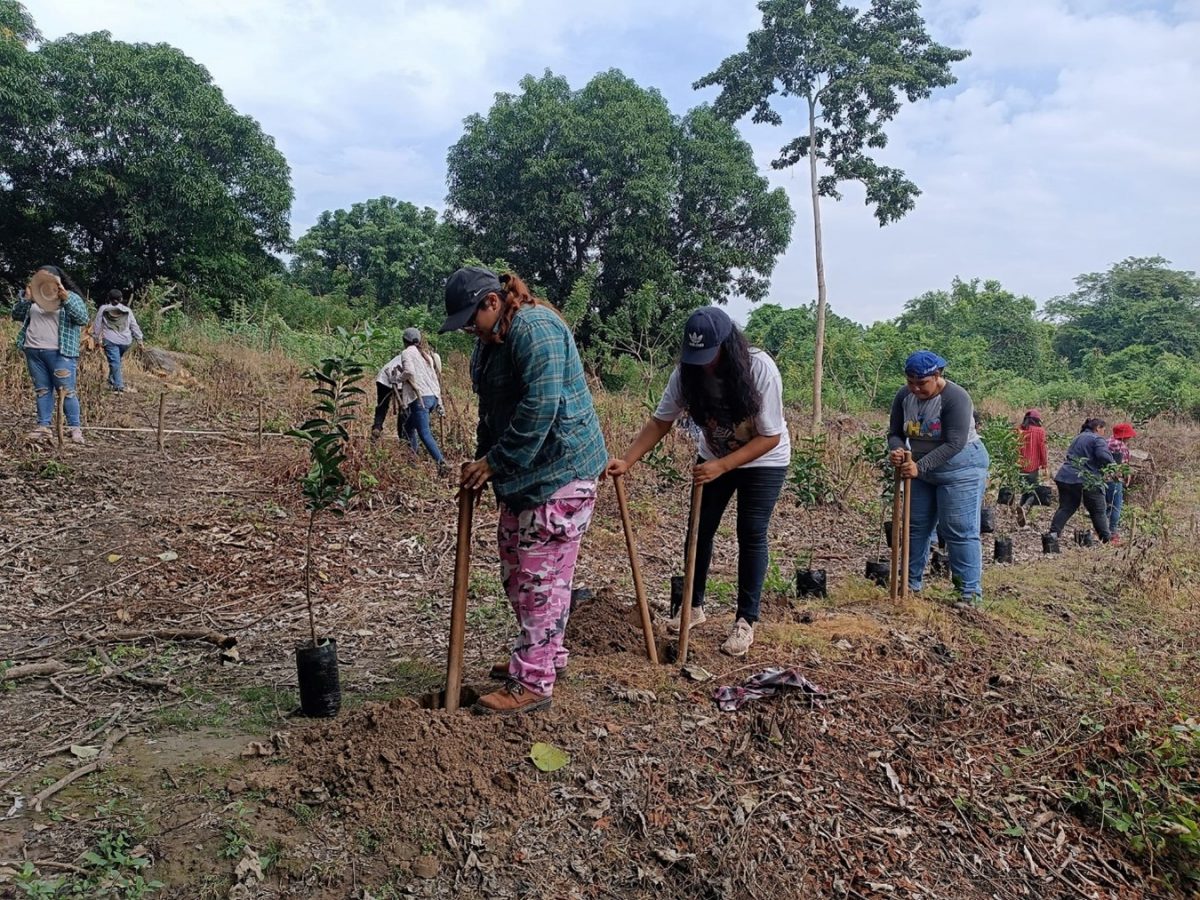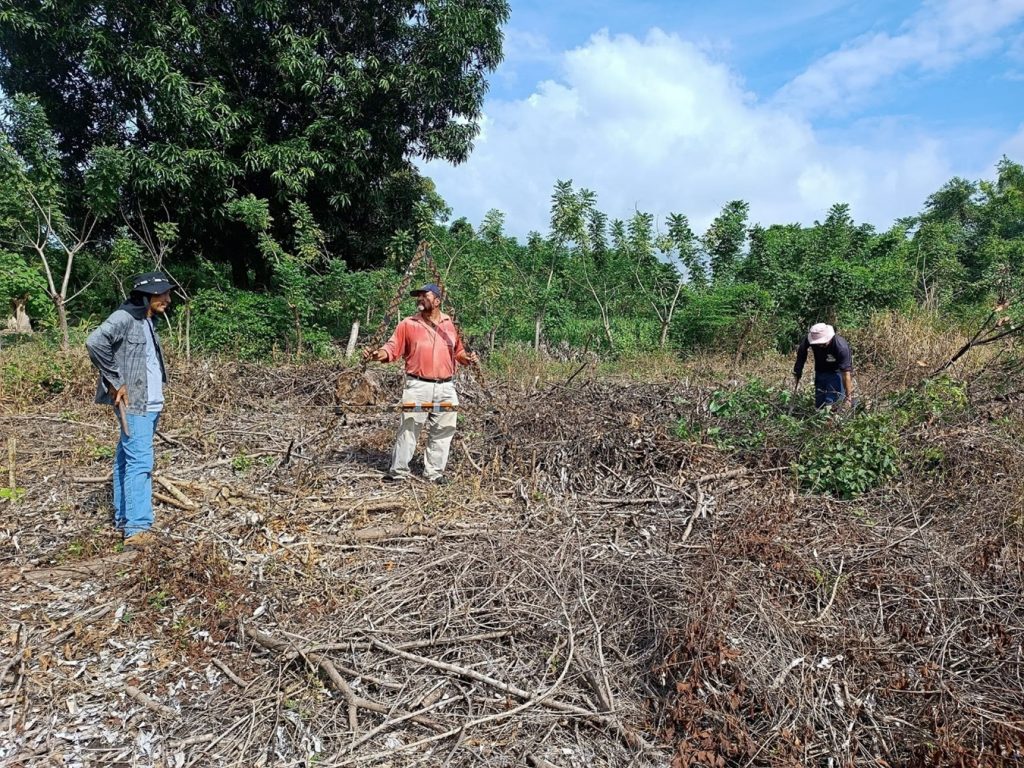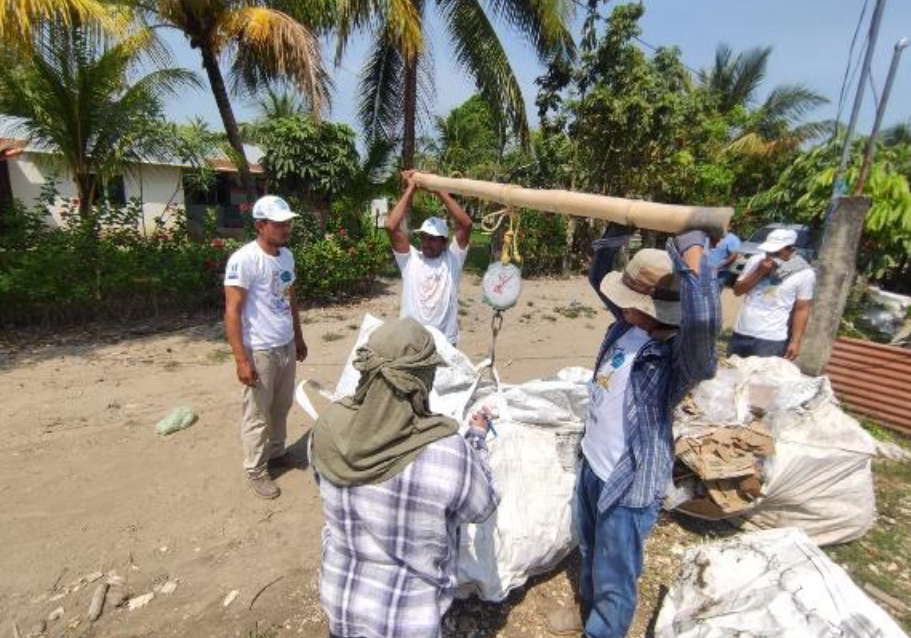El 31 de diciembre de 2024, finaliza satisfactoriamente el proyecto “Prevención de residuos plásticos para reducir su impacto en el mar Caribe de Guatemala, a través de métodos innovadores, con la participación del sector academia, sector privado y comunidad”, en el marco del proyecto regional caribe circular, que se inició en enero del 2022.
Fue financiado por la Sociedad Alemana para la Cooperación Internacional (GIZ), por un monto de €123,802.10, equivalente a Q 1,015,177.22, el cual fue coordinado administrativamente por la Secretaría general del Consejo Superior Universitario Centroamericano (CSUCA) y ejecutado por el Instituto de Investigaciones del Caribe, del Centro Universitario de Izabal, de la Universidad de San Carlos de Guatemala
El proyecto se implementó en la desembocadura del rio Motagua, con la participación de pobladores de las comunidades de El Quetzalito, Las Vegas y Medialuna, realizando acciones de limpieza y recolección con el fin de tratar los residuos que son colectados por la bío-barda del Ministerio de Ambiente y Recursos Naturales (MARN), que dispone del sistema de colección y separación de plástico en el área. Estas actividades han permitido a la región unir esfuerzos de varias organizaciones, tal.es como: MARN, Municipalidad de Puerto Barrios y otras instituciones, para prevenir el ingreso de residuos plásticos en el Mar Caribe
Algunos resultados destacados del proyecto son:
Más de 800 personas participaron en el programa de educación ambiental en más de 10 cursos. 8.61 toneladas de plástico recolectadas, compactadas y recicladas en la preparación de eco-asfalto. Un manual para la incorporación de residuos plásticos al asfalto desarrollado. Un sistema móvil de transformación para fines educativos y de sensibilización. Estudio de viabilidad para el sector vestuario y textil en Puerto Barrios, Izabal. Una guía de compostaje a nivel domiciliar. Una línea base del municipio de Puerto Barrios, utilizando la herramienta Diagrama del Flujo de Residuos.
Una planificación estratégica multianual, monitoreo y comunicacional fortalecida de la Alianza por la Cuenca del Río Motagua. 5 transformadoras de plástico asesoradas técnicamente. Un diplomado en Gestión Integral de Residuos y Desechos Sólidos.
5 centros educativos formados y equipados para la prevención y gestión de residuos reciclables. Una hoja de ruta para prototipo de vivienda con material difícil de reciclar.
Apoyo en campañas locales de Reciclemos.gt y Piensa responsable, evita el desechable
Dos guías de política de gestión ambiental para Pequeñas y Medianas empresas (PyMES), sector alimentos y manufactura diversa.

